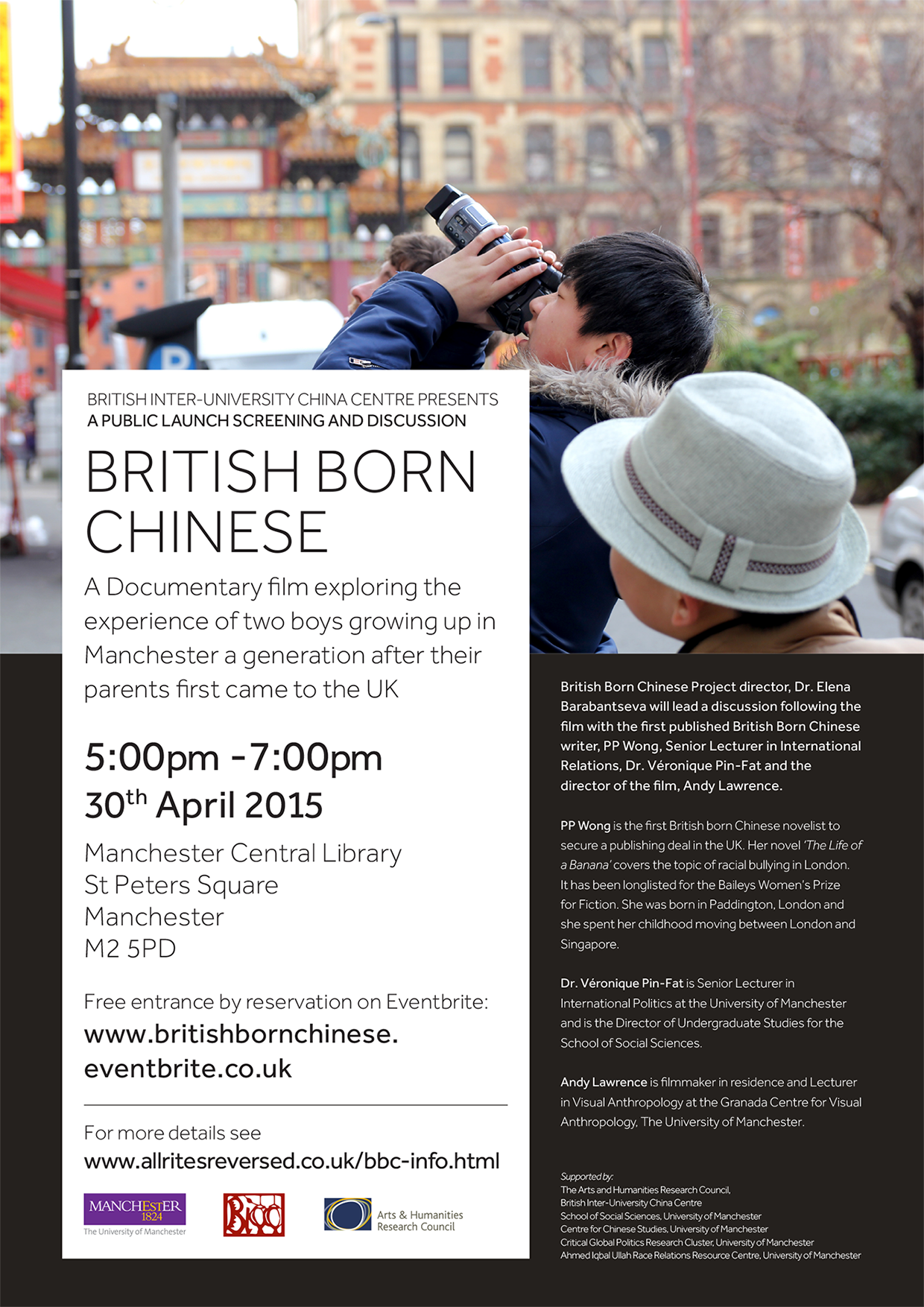Early Exposure and Foundation
Growing up with parents from Hong Kong, I was immersed in Cantonese from a very young age. My first words were in Cantonese and it was the primary language spoken at home. I completed my Cantonese GCSE exams, cementing my foundation in the language. While exposure from a young age provided strong passive comprehension skills, active usage would prove more challenging down the road.

Assumptions and a Shift to Mandarin
Entering university, I assumed Mandarin would be more universally helpful for communicating with Chinese people. Over three years of lessons, I gained proficiency but found most friends from China spoke other dialects like Cantonese or Hokkien instead. Realizing Mandarin wasn’t as widely spoken as expected, I was now committed to achieving fluency.
Limited Vocabulary and a Difficult Transition
Leaving Hong Kong at a young age significantly limited opportunities to interact with native Cantonese speakers. Living abroad among non-Chinese also hampered progress. While I understood most conversations, my vocabulary for creative expression fell short. Transitioning between the tonal differences of Mandarin and Cantonese further challenged fluency in both.
Passive Understanding and the Social Barrier
Despite years of exposure, my active Cantonese communication skills remained basic. I could understand but struggled in social situations like impressing a romantic interest or telling jokes. This hesitancy to use the language socially became a self-fulfilling barrier, limiting opportunities for practice and growth.
An Unconventional Study Partner
Meeting a girl fluent in Japanese and self-taught Cantonese opened new possibilities. She encouraged practicing with each other, treating me like a “beginner student” to build confidence through casual conversation. Interacting socially helped improve skills that classroom learning alone could not.
Maintaining Motivation and a Life-Long Commitment
Gaining an academic foundation early proved invaluable, yet fluency in any language requires continuous practice. Facing setbacks from assuming one dialect over another or limiting social interaction, the path to mastery remains challenging and long-term. By embracing unconventional practice partners, finding motivation to use the language creatively, and committing to learning as a life-long pursuit, one can gradually overcome barriers to fluency.

 Ash, Iris and Cilan: Exploring Unova and Developing Their Strengths and Weaknesses
Ash, Iris and Cilan: Exploring Unova and Developing Their Strengths and Weaknesses:max_bytes(150000):strip_icc()/Proper-way-to-address-an-envelope-1216777_01_color-de1a67af181b4065b5698aa19f5ecf16.jpg)